Vietnam tour operators irked by increased airfares
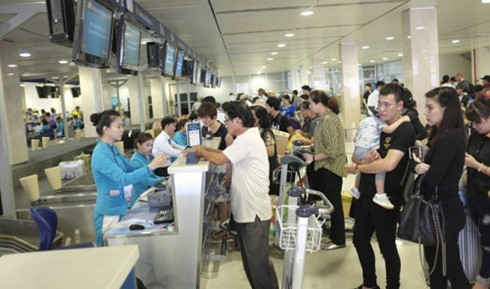 |
In mid-March, the Civil Aviation Authority of Vietnam submitted a proposal to the Ministry of Transport, seeking permission to hike landing and takeoff fees for airlines, as well as several passenger services.
The Airports Corporation of Vietnam, which manages all civilian airports in the country, has said the fee hikes would reduce the state budget’s spend on countrywide airports, while claiming that the increased fees would not result in much higher airfares.
Vietnamese airlines were quick to grab the opportunity however, having announced their increased airfare plans.
Vietnam Airlines has said business-class tickets for domestic services will be hiked by VND100,000-500,000 (US$4.5-22), while economy tickets will rise by VND40,000-300,000 (US$2-13), depending on routes, starting April 1.
On March 23, low-cost airline Vietjet increased the service fee for domestic routes to VND140,000 ($6) per flight, and VND160,000 (US$7) for international services. The old fees were VND100,000 and VND120,000 (US$5).
Vietjet is now also charging higher fees for such services as seat selection, baggage, and flight change surcharges. Passengers who fail to board their international flight on time will have to pay VND1 million ($45) to be able to use the next service on the same route, instead of VND735,000 ($33).
Jetstar Pacific Airlines has also raised its system management fee to VND130,000 ($6) per route from the old VND100,000 from March 15.
Even foreign carriers, such as Japan Airlines and All Nippon Airways, have upped their system management fees and fuel surcharges for services to Vietnam.
Travel companies have been the first to get upset about those new fees.
Tran Van Long, general director of Vietnam Media Travel Co., said the fee hikes would lead to higher airfares, which is a headache for tour operators given that they had sold packages to tourists based on the old prices.
“The impact will be huge as airfares account for 35 to 45% of a tour’s total price,” Long said.
The increased airfares will hit travel agencies on future packages, as they have to cover the extra costs but may not increase the tour prices to maintain competitiveness.
In the meantime, an official from the Civil Aviation Authority of Vietnam, who asked not to be named, has defended the airfare hikes, saying carriers “had tried to keep ticket prices unchanged when global fuel prices spiked.”
“Vietnamese airlines had even cut airfares to stay competitive against foreign carriers,” the official said.
He added that the new airfares are well below the ceiling prices airlines are allowed to charge flyers.
“The highest airfare for a domestic service is still 20% lower than the ceiling price,” he said.
What the stars mean:
★ Poor ★ ★ Promising ★★★ Good ★★★★ Very good ★★★★★ Exceptional
Latest News
More News
- Ba Ria-Vung Tau strengthens regional links to bolster tourism (November 04, 2024 | 10:00)
- Vietnam attracts growing interest from global travellers (October 28, 2024 | 17:59)
- Vietjet receives latest aircraft from Airbus in France (October 08, 2024 | 18:02)
- Telling travel stories through movies (October 08, 2024 | 14:00)
- South Korean tourists lead Vietnam’s tourism revival (October 08, 2024 | 11:49)
- Vietnam a golden land for golf tourism (October 08, 2024 | 11:41)
- Con Dao leads the way in circular tourism (October 08, 2024 | 08:00)
- Nestlé and VNAT announce new cooperation initiative (October 02, 2024 | 15:43)
- Hanoi recognises new city-level tourist areas (September 27, 2024 | 20:25)
- Hue to host 2025 National Tourism Year (September 19, 2024 | 15:13)




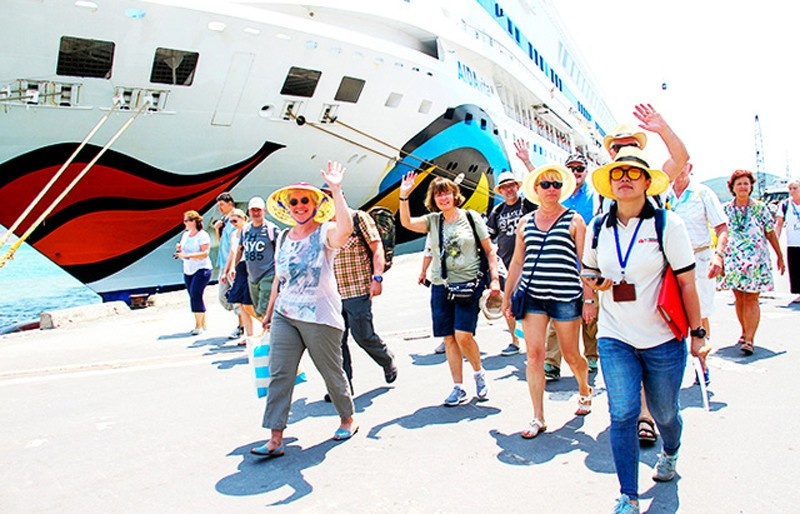
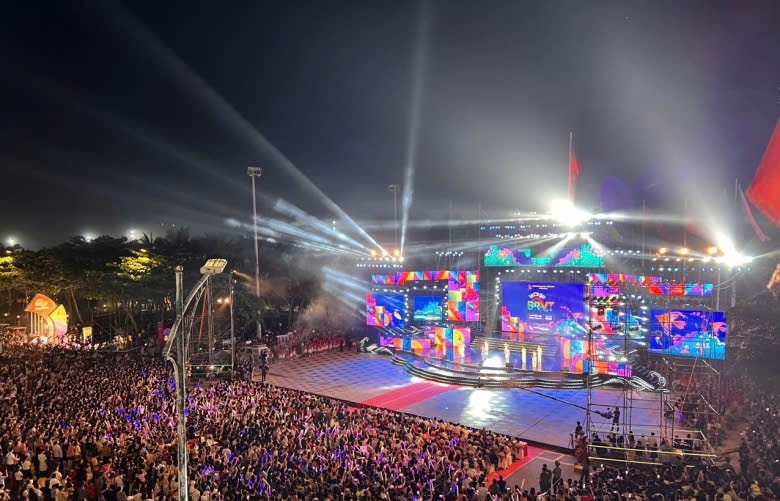



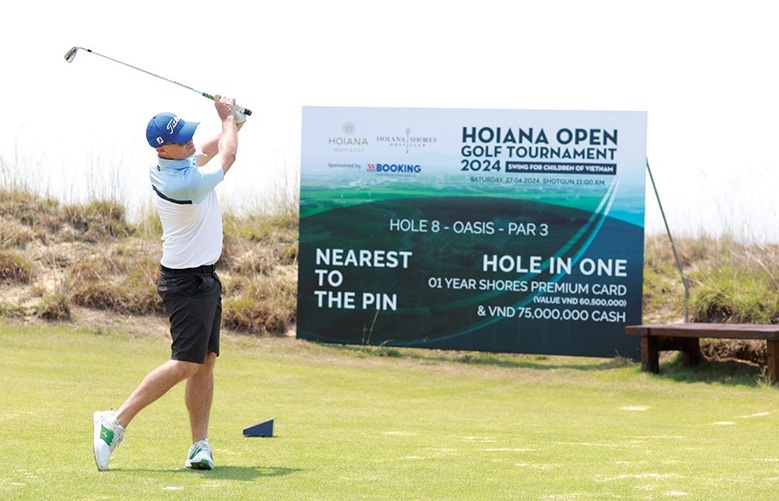



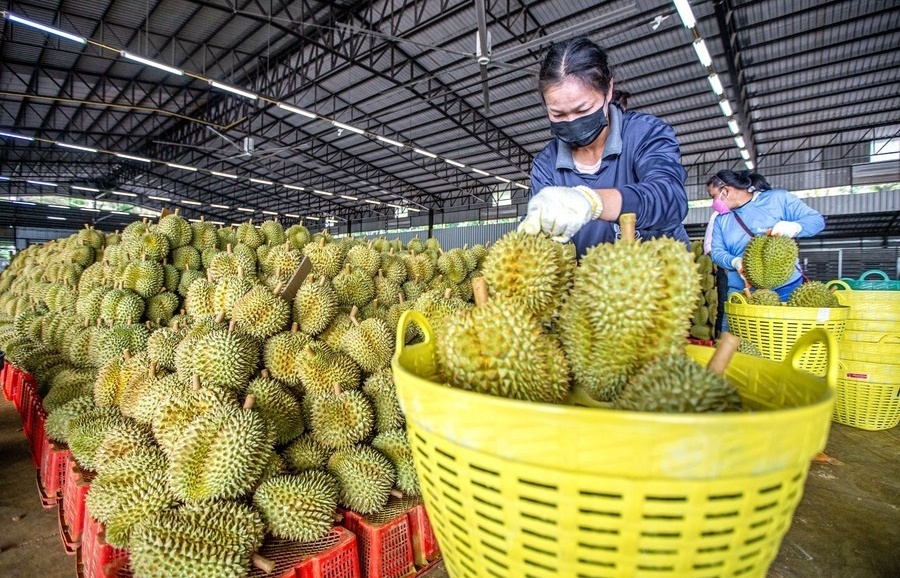

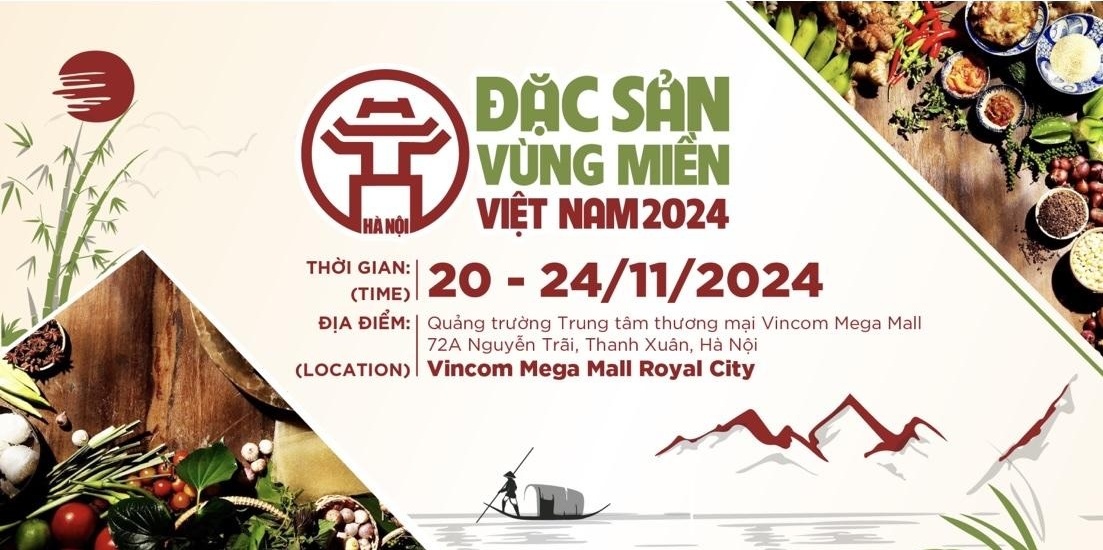




 Mobile Version
Mobile Version